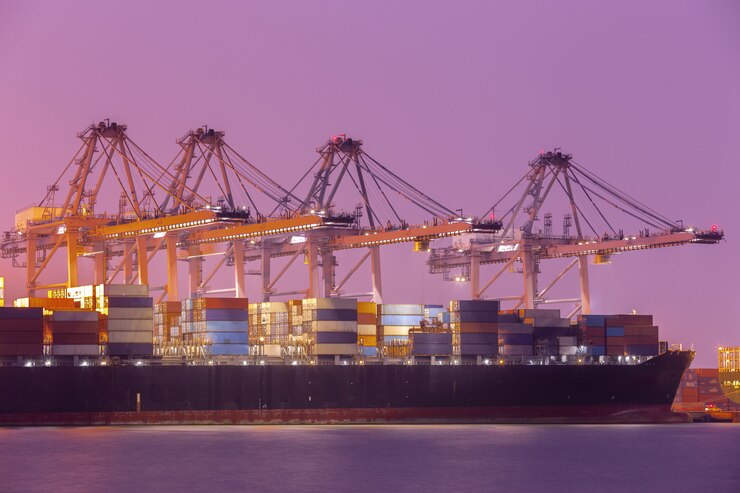India and South Korea are deepening their ties through a collaborative initiative in the shipbuilding industry, aiming to meet growing global demand and enhance maritime infrastructure. This partnership capitalizes on India’s strategic location and manufacturing capabilities combined with South Korea’s technical expertise and leadership in the global shipbuilding sector.
Strengthening India’s Maritime Infrastructure
India has been making significant strides to improve its maritime infrastructure, a core component of the Maritime Vision 2030 initiative. This vision aims to position India as a global hub for shipping and logistics. Collaborating with South Korea will accelerate this progress as South Korea is home to some of the world’s largest and most advanced shipbuilders including Hyundai Heavy Industries and Samsung Heavy Industries.
Key Areas of Collaboration:
- Modernizing Indian Shipyards: Indian shipyards like Cochin Shipyard Limited and Mazagon Dock Shipbuilders will benefit from state-of-the-art technologies introduced by South Korea.
- Technology Transfer: Smart ship designs, automation and green technologies will be introduced to boost operational efficiency and sustainability.
- Skilled Workforce Development: Training programs for Indian engineers and shipyard workers will ensure the adoption of cutting-edge practices.
Global Demand for Shipbuilding
With international trade expanding, the demand for ships has risen significantly. The Indian government has emphasized increasing domestic shipbuilding capacity to cater to global needs especially for specialized vessels like LNG carriers and offshore platforms. South Korea’s dominance in these sectors makes the collaboration a timely move.
Environmental Considerations
The partnership also highlights a focus on sustainable shipbuilding practices. South Korea’s advancements in hydrogen-powered and LNG-ready vessels align with India’s commitment to reducing carbon emissions in the maritime sector.
Strategic Benefits
Economic Growth:
Shipbuilding has a multiplier effect on sectors like steel, engineering and logistics, making it a key driver of economic growth.
National Security:
Collaboration extends to naval vessels enhancing India’s defense capabilities in the Indo-Pacific region.
Strengthening Ties:
This partnership cements economic and geopolitical relations between India and South Korea.
Challenges and Opportunities
Despite its promise, the collaboration faces challenges, including high costs of modernizing Indian shipyards and integrating advanced technologies. However, the long-term benefits far outweigh these obstacles as India positions itself as a significant player in the global shipbuilding market. By leveraging South Korea’s expertise India is poised to transform its shipbuilding capabilities significantly boosting its maritime infrastructure while meeting global demands. This collaboration marks a new chapter in sustainable, innovative and strategic maritime growth.
